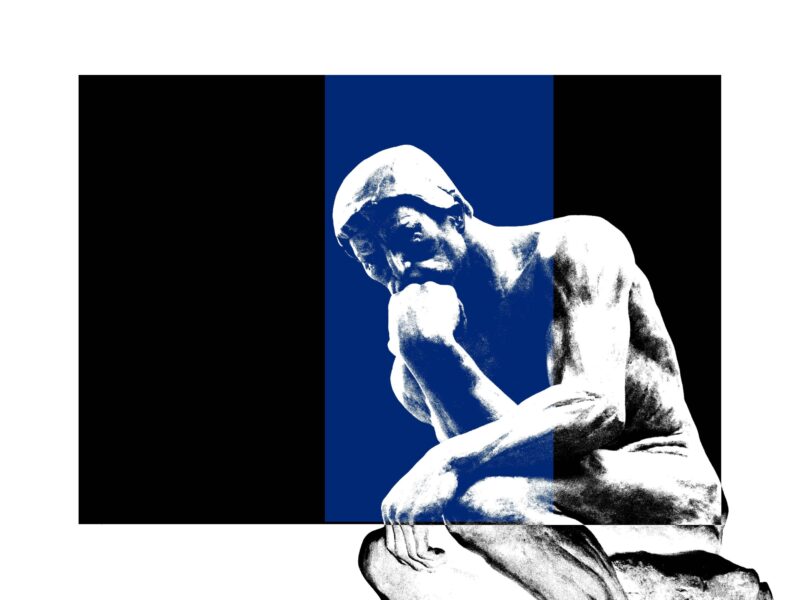The whistleblowing organization Wikileaks is once again under fire – it’s no surprise, of course, that the heat’s coming from the US government.
Recently, court documents show that the US government subpoenaed Twitter for information on accounts belonging to people affiliated with Wikileaks including its founder Julian Assange, Private Bradley Manning, the American soldier suspected of leaking the war logs, and Birgitta Jonsdottir, an Icelandic politician who helped produce a controversial Wikileaks video.
The Department of Justice had demanded e-mail and IP addresses, session times and credit card information on people related to those Wikileaks Twitter accounts.
It’s been said multiple times by many people, but I’ll say it once more – the government should stay out of one’s private business. Whether it is what I’m buying on eBay or at the local convenience store, what I do on my own time is of concern only to me. Privacy is my right.
These recent events leave Twitter in a very difficult position. Twitter has done the utmost in its capability to promote itself as an outlet for freedom of expression but at the same time, Twitter is bound to comply with local laws. If Twitter is forced to release confidential information of individuals overseas to the US government, the international community will be less keen on trusting the social network and others like it in the future.
All of this comes down to the right to anonymity. The fourth and fifth amendments of the United States Bill of Rights protect one’s right to be free of unwarranted and unwanted government intrusion into one’s personal and private affairs, papers, and possessions.
Article 12 of The United Nations Universal Declaration of Human Rights states, “No one shall be subjected to arbitrary interference with his privacy, family, home or correspondence, nor to attacks upon his honour and reputation. Everyone has the right to the protection of the law against such interference or attacks.”
What the US government is doing by subpoenaing Twitter is an act of intimidation.
The same as it has done with PayPal and Amazon. Anonymity is the right of anyone online – from whistleblowers to ordinary people looking for privacy.
Canadians ought to be worried about what these recent events entail. If the US government successfully obtains the personal details of those related to Wikileaks, what’s to stop them from getting details on anyone else? Your personal online banking information and the e-mails you send between family and friends could be readily be available to the US government. What’s begun as a case of international cyber-bullying could quickly devolve into an all-out infringement of personal privacy.
The US government learned a harsh lesson in Vietnam and attempted to recover from it during their invasion of Grenada by barring all journalists from reporting on the operation. The US government pushed boundaries until it gained control over what the media could and could not report. Forcing Twitter to hand over personal information is just the first step. If the US government succeeds in doing this, the next step could be even more costly to privacy and even to net neutrality.
Twitter isn’t the only website in the crosshairs of the US government; Amazon, PayPal, and major credit card companies have also been pressured by the government to modify their respective relationships with Wikileaks. Senior politicians and media commentators are calling for the assassination of Assange and those related to Wikileaks. Sarah Palin called for a manhunt on Julian Assange and Fox News commentator Bob Beckel called for the public to “illegally shoot the son of a bitch.” These recent events, in the same way the United States handled Vietnam and Grenada, are sure to damage their reputation for a long time to come.



